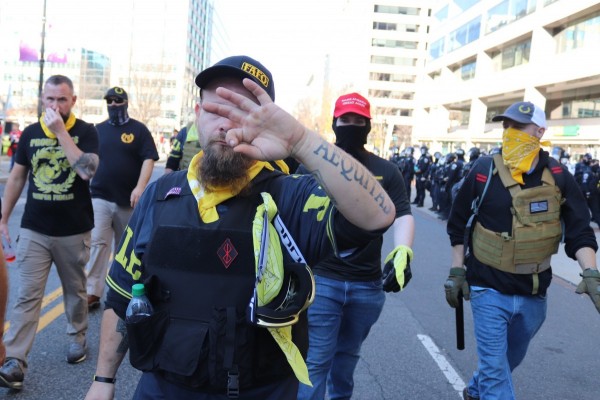-

Closing with care
Intentional endings are important. I know very little about the deliberations that went into the decision by OCAP members to retire their organization. But I have deep respect for groups of people that do the difficult, unglamorous work of reflecting on their efforts, determining that their organization is no longer viable, and purposefully bringing it to a close.
-

Orienting toward organizing
We are working in a social context over which we have limited control right now. The class war from above has produced circumstances that are much more hospitable to atomized activism and much less conducive to shared struggle. We can’t simply will ourselves out of these circumstances. But we can accurately name our activities, acknowledging both their strengths and limitations.
-

Without care, we lose
Organizations can’t function effectively unless people tend to unstated tensions. Protest organizers can’t sustain militant direct action without people providing first aid and legal support. Parents and caregivers can’t participate in events unless people make intentional space for kids. In short, the success of movements frequently rests on their collective capacities to do caring labour consistently and well.
-

Resisting sectarianism, growing the left
Today, in a time of overlapping crises and fast-paced social media cultures, sectarianism has taken on new and destructive forms. We regularly put energy into tearing down the efforts of others who share many of our aims but who we see as wrong-headed. But many of us, as activists and organizers, are exhausted from cycling through teardowns and hungry for something more constructive.
-

Researching the right
Unlike the oppositional right, our fight is for collective liberation. We seek to overturn ruling relations and institutions that produce domination, exploitation, and oppression. We aim to create a world in which everyone can flourish. In order to do this, we need to be real about our opponents. This means going beyond caricatures and quips. We can out-organize the far-right, but only if we’re serious about understanding them.
-

Building, not branding
People whose names we will never know propelled liberatory struggles of the past. With plenty of contradictions and messiness, they fought oppression and exploitation, nurtured freedom dreams, and won victories that we sometimes take for granted today. For the most part, they were neither rich nor famous, nor did they become rich or famous through their movement efforts.
-
Revitalizing left internationalism
In concert with people around the world doing good work, we can resist despair and isolation. We can build strong relations, individually and collectively, across movements and borders. We can recognize our responsibilities, rooted where we are, in getting one another free. We can win a new world by winning across the world.
-

Bottom-up strategizing for social change
Increasingly, activists and organizers are discussing the question, “What’s your theory of change?” For the most part, this is positive. As climate justice organizer and activist-scholar Jen Gobby explains, a theory of change lays out our thinking about “how we will make change in the world and why we think it will work.”
-

20 years after Seattle: Dispensing with myths
Over the last two decades, counterproductive myths have developed around the Battle of Seattle. Now is a good time to dispense with them. One way to do this is to revisit the history from the perspective of those who were involved in organizing the mass direct action. I was one among them.
-

Humbly growing older on the Left
Vulnerability is tremendously valuable. It encourages us all to re-examine assumed certainties, and to admit when we’ve been wrong. If we show up with open hearts and ears, curiosity, thoughtfulness about our words and actions, and stay humble and vulnerable, we aging activists can offer so much more than criticism, to movements today.




